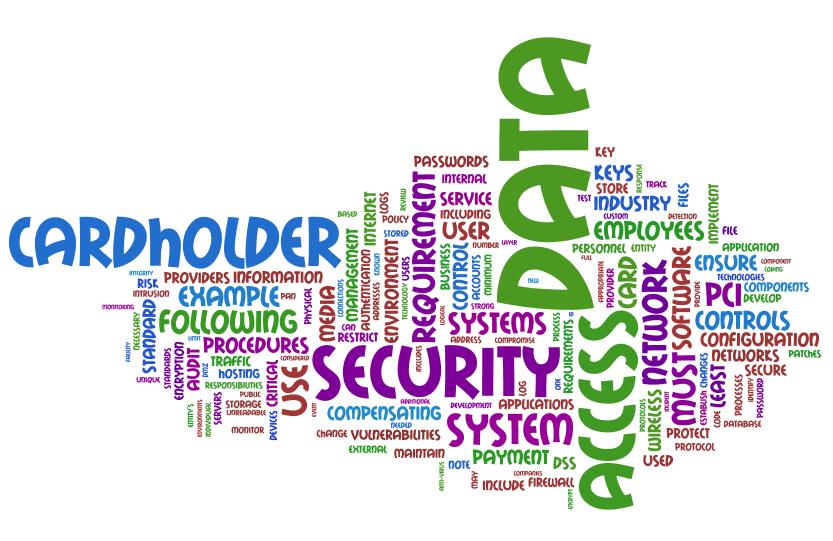How to Best Layer Your Security Technology for Your Business
When it’s cold outside, your goal is to keep warm. In order to get to the point where you’re comfortable, you probably add layer after layer of clothing. You can think of the security technology for your business in much the same way. The more layers you add, the more protected your company becomes. Here, you can learn about the most important layers and why you need them.
#1 – Antivirus Software
Antivirus software is at the very heart of your company’s security technology setup. Its job involves protecting your computer from viruses, Trojans, worms, and other types of threats that could not only leave your network vulnerable but even take it completely offline. Make sure your antivirus works in real time since it’s better to prevent the virus in the first place than to deal with the aftermath.
#2 – Email Protection
Email protection, whether through an application or employee recognition training is essential to keep your office safe. For example, whether you use Outlook or even your own proprietary software, you can get programs that will scan each email as it is received and before your employees open them. Many of these services also block downloads from non-trusted sources, which ensures that your employees don’t unknowingly download a worm and infect the entire network. In addition, there are staff educational programs available to aid in your employees’ ability to recognize phishing email.
#3 – Web Browsing Protection
If you browse the web from your office, and especially if your employees have access to the web (even if it is only limited access), then web browsing protection is a vital layer of business security technology. Web browsing protection does many things to protect your network, which includes catching “phishing” websites that mimic popular sites, by blocking potentially unsafe downloads started through the web browser, and much, much more.
#4 – Firewall Filtering for Bad Sources
Some IP addresses are just bad news. Allowing one to connect to your network – or allowing someone on your network to connect to it – can be detrimental. Fortunately, firewalls can filter out all known bad sources on your behalf, which allows you to stop worrying about those malicious IP addresses. Oftentimes, the database updates itself, as well, which saves you time and effort. Additionally, firewalls keep bad guys out of your office who are scanning to find openings in your computing environment.
#5 – Anti-Malware and Malicious Activity Software
Anti-malware software is another must-have. A malware and malicious activity blocker far exceed the scope of traditional antivirus, and when you combine the two, you’ll cover all of your bases thoroughly. Make sure your malware software detects threats in real time just like your antivirus software. Otherwise, malware could infect your network before the next scan completes.
#6 – A Backup and Disaster Recovery Plan
Now that you’ve protected your company and customer data from intrusion, you’ll also need to protect it in the event of a disaster, hardware or software failure. Redundancy is key, here, so make sure you keep a backup of everything with a very safe and reputable company. You can keep your backups in either a physical facility or on the cloud, too, which gives you plenty of flexibility.
Just as you prepare for a cold winter’s day by choosing your layers appropriately, you can protect your company’s network by layering all of the vital types of security technology. When you have all six of the aforementioned types of protection, your network becomes a fortress.
The post How to Best Layer Your Security Technology for Your Business appeared first on SDTEK | San Diego, CA.



